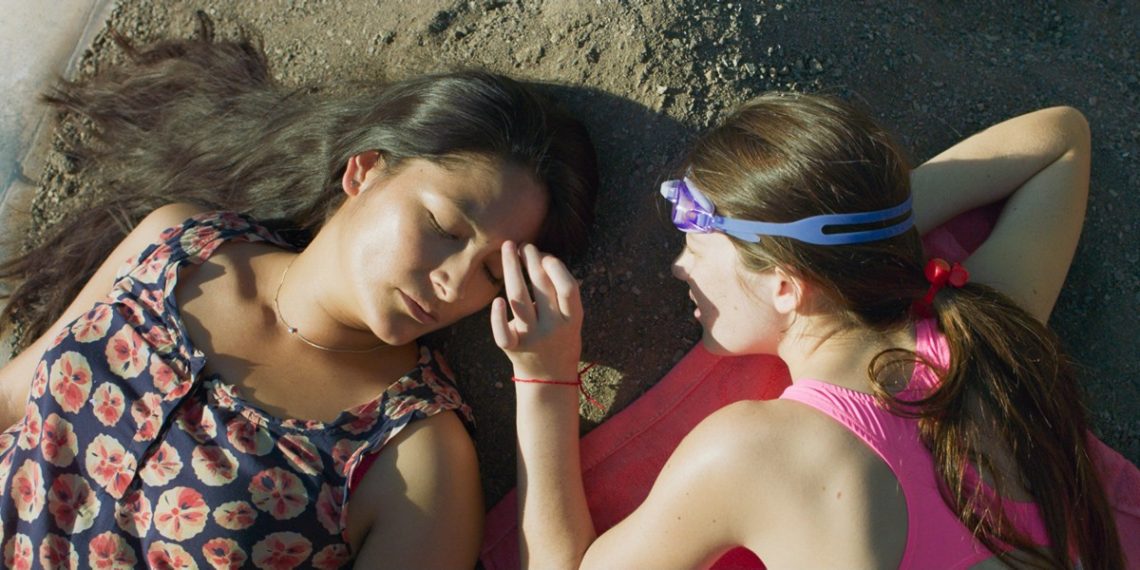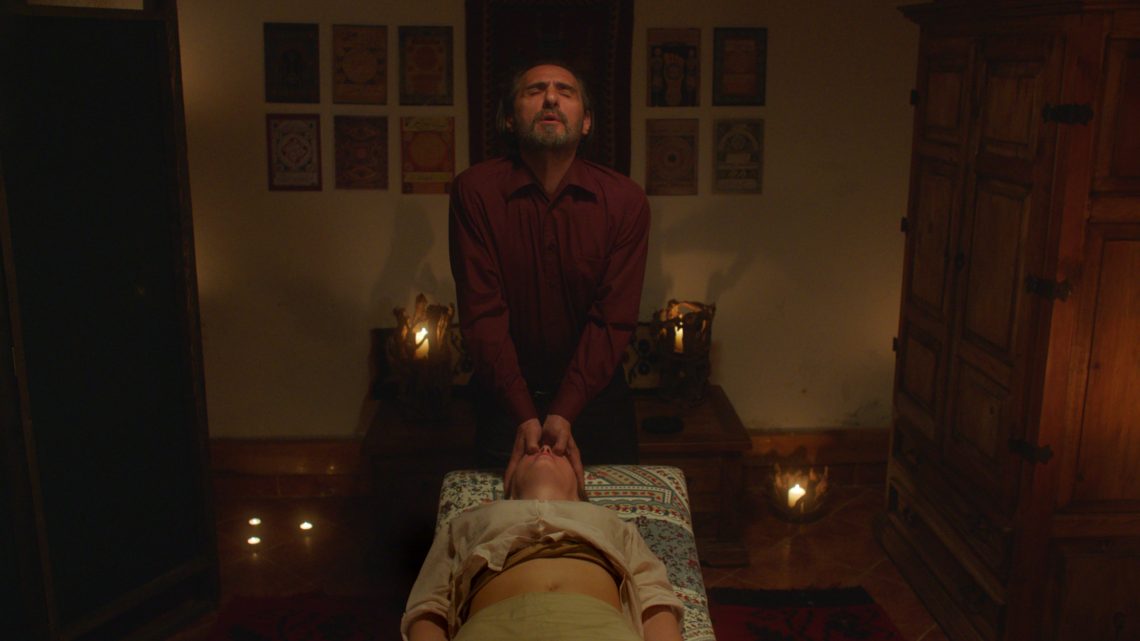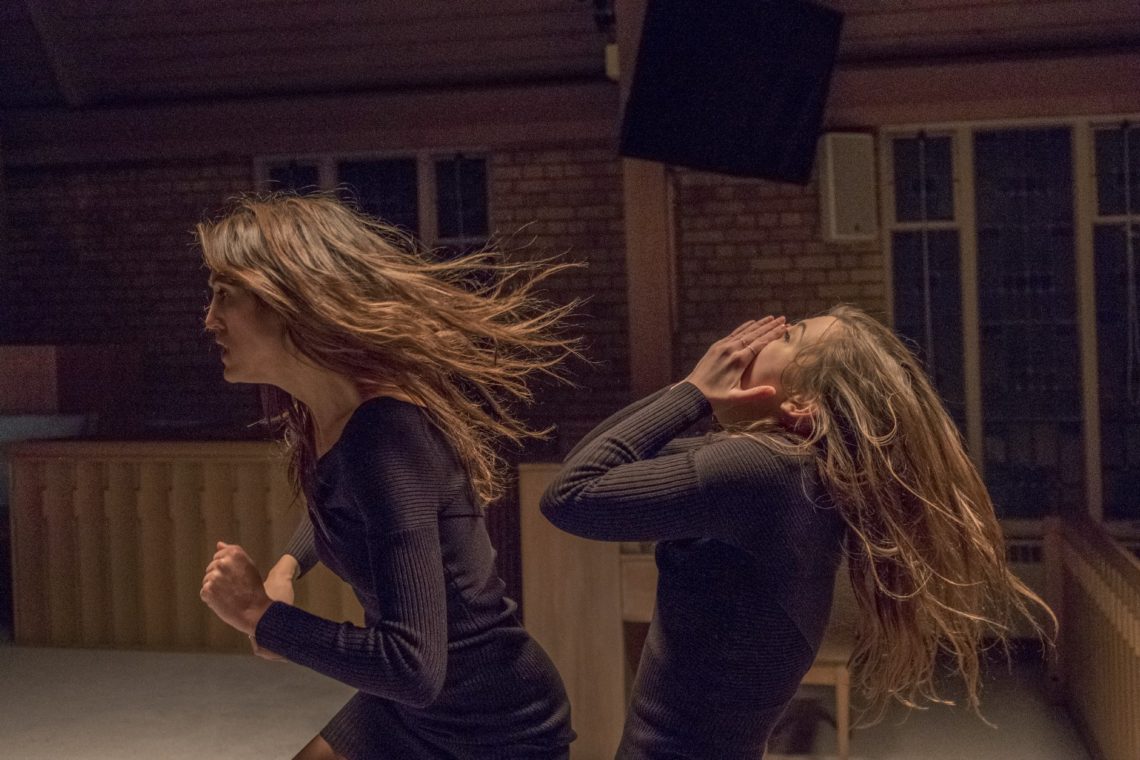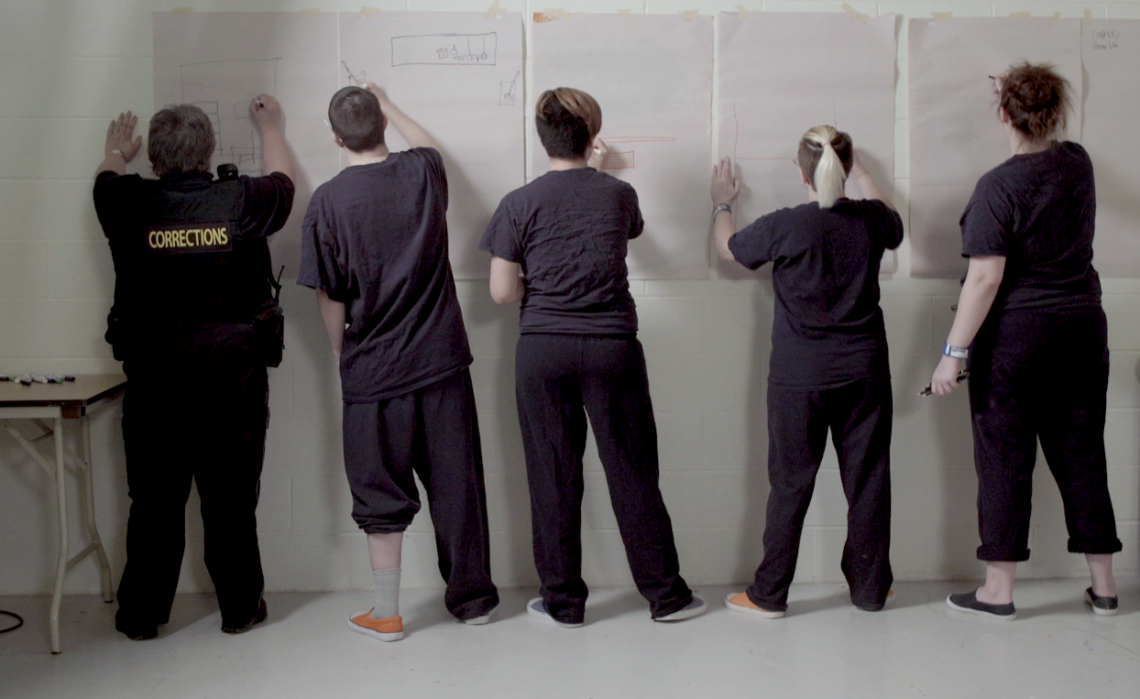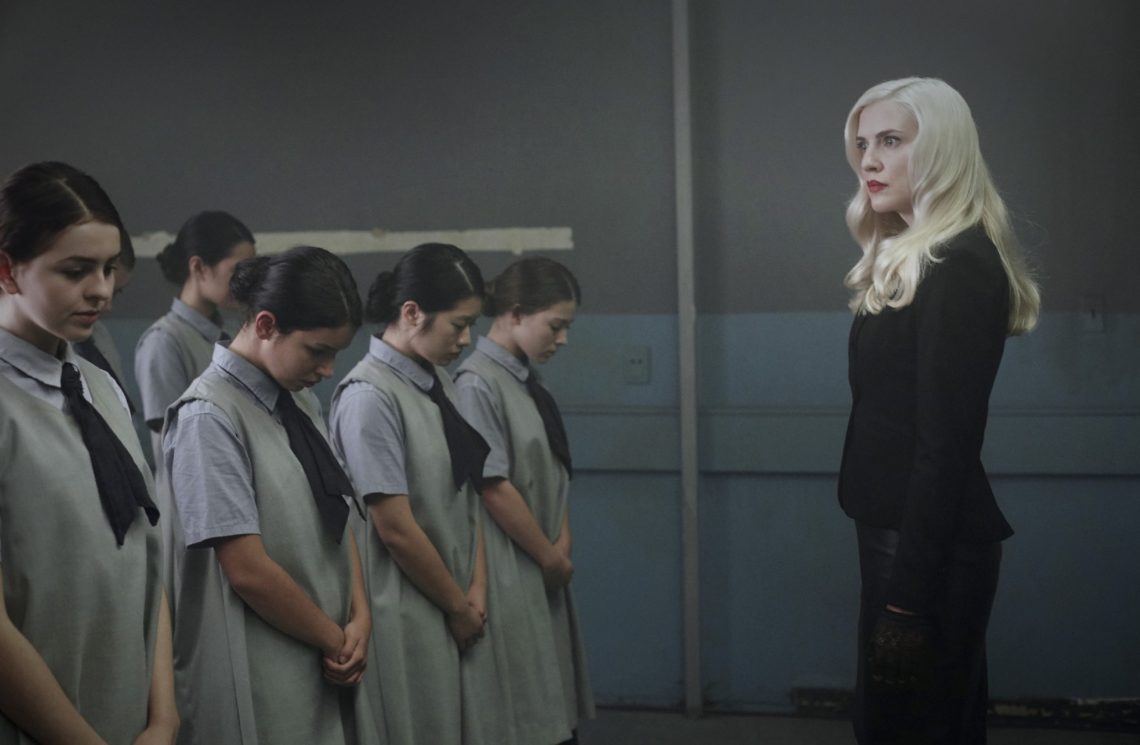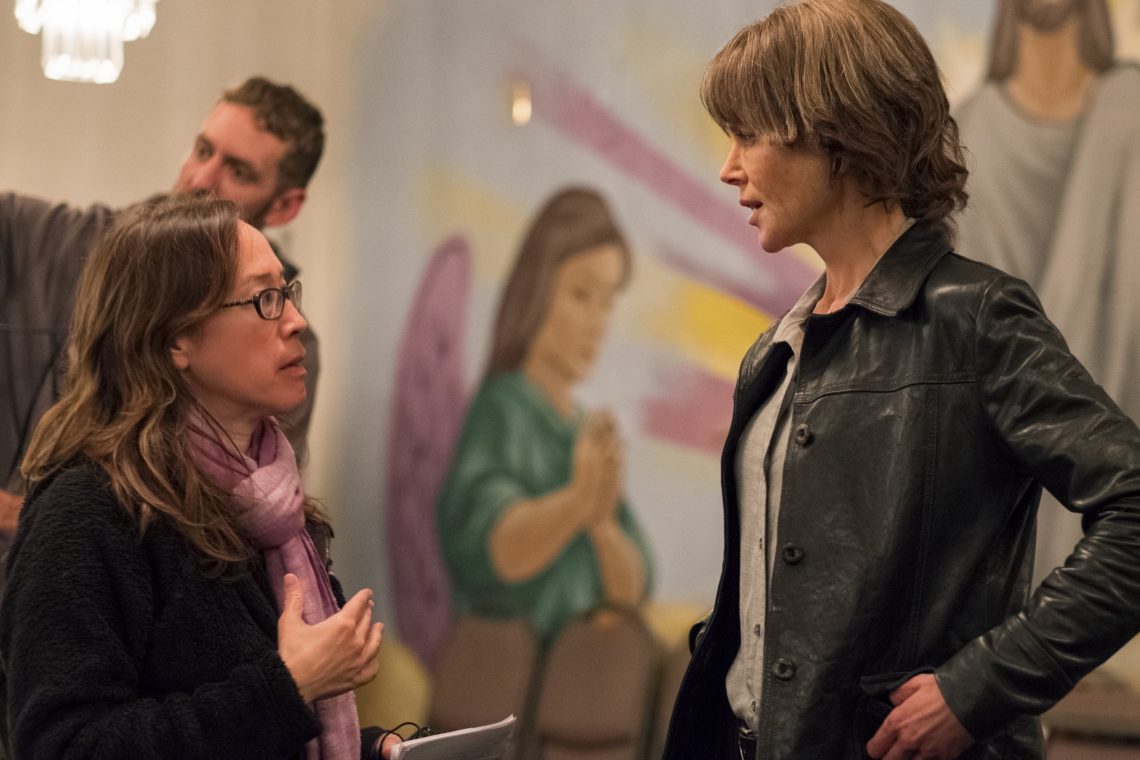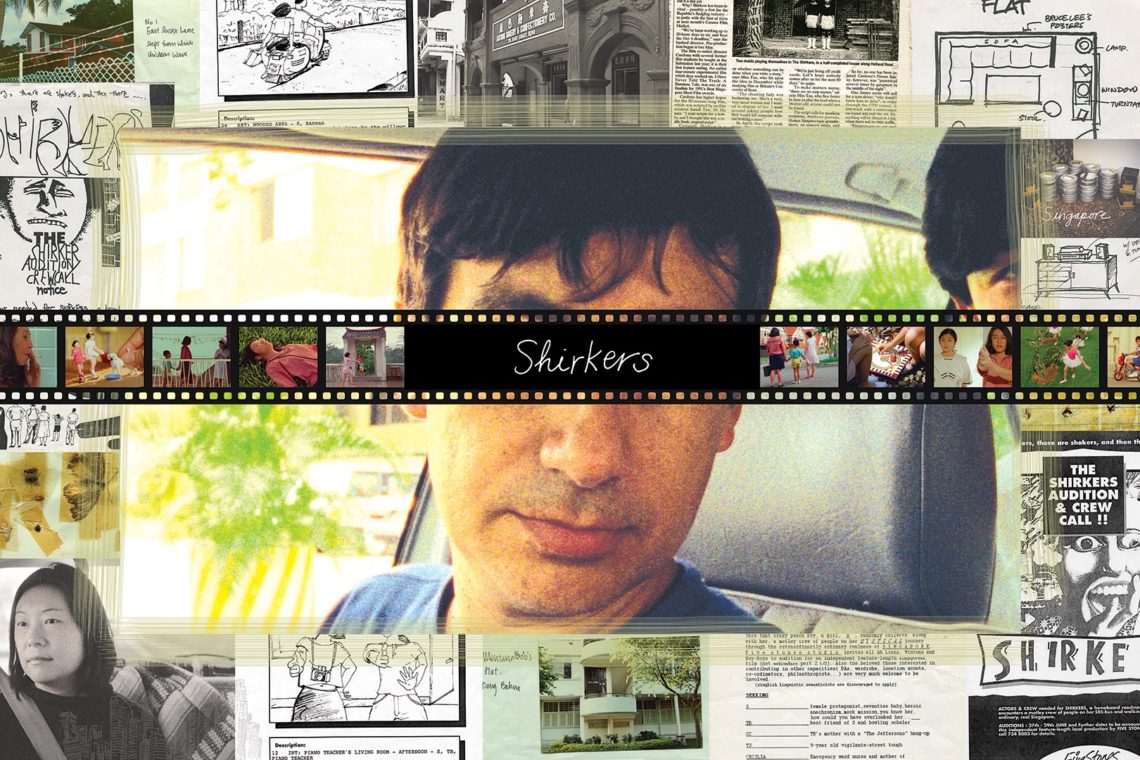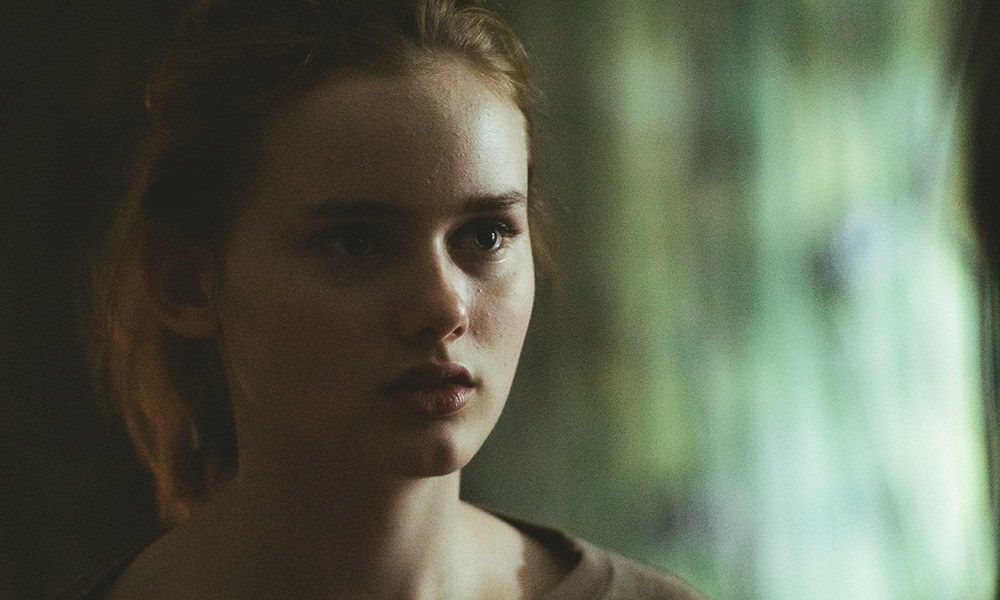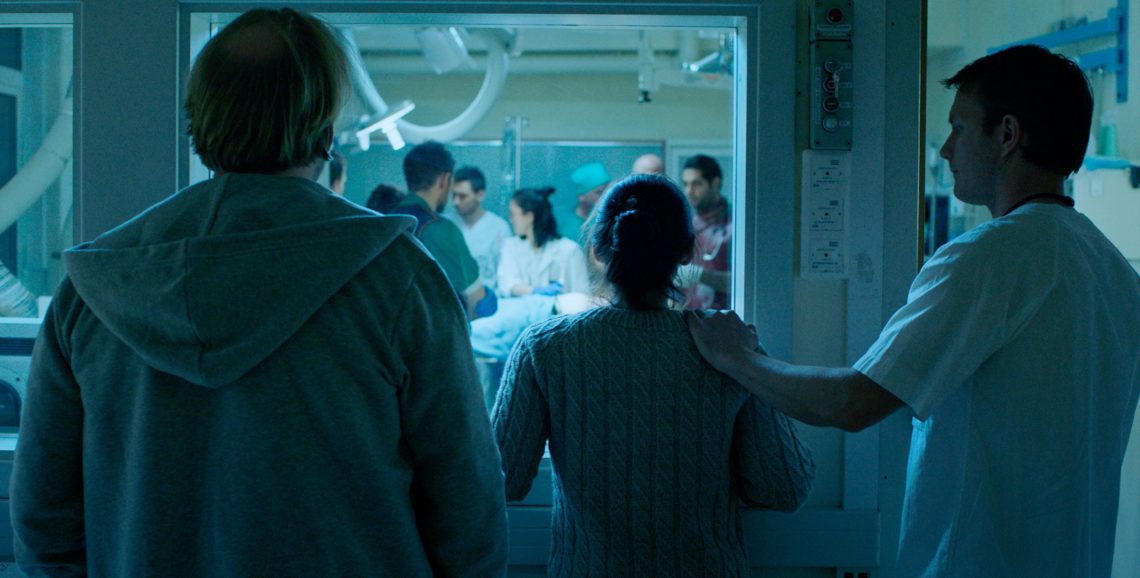Director
-
Lina From Lima Interview: María Paz Gonzalez
“You have to dare to explore complex female characters with contradictions that go beyond the stereotypes built by a macho culture.”
-
ZANA Interview: Antoneta Kastrati
“In telling this story of war and recovery it was important for me to talk about patriarchy and society’s constructed beliefs that further imprison women. Furthermore, I do not see oppression and brutality at home as separate from violence and brutality in war.”
-
Mouthpiece Interview: Norah Sadava and Amy Nostbakken
“You see when that happens, if its a woman’s view I can feel it instantly when I’m watching a film. I can tell that a female character is written by a woman because I can connect and feel something really deep.”
-
Conviction Interview: Ariella Pahlke and Teresa MacInnes
“We wanted to turn around [the conventional documentary format] and have them offer their solutions and their ideas. To be in control of what they wanted to share and how they wanted to share it. We felt strongly about giving the women a voice in whatever way they wanted to have a voice.”
-
Firecrackers Interview: Jasmin Mozaffari
“I don’t think writing strong female characters is all about making them tough and unbreakable, it’s about showing women in their full complexity — the dark side, the melancholy, the flaws.”
-
Level 16 Interview: Danishka Esterhazy
“Working in the film industry, I see discrimination every day. Women apply for film gigs — but men with half their training and achievements get the job. When women do get hired as directors — it is only on low-budget films with so many limitations on time and productions tools that they can’t make films to compete on an international level.”
-
Destroyer Interview: Karyn Kusama
“It’s not just this fantasy that we have to think of every idea and as directors be the only keeper of decisions. Ultimately, it’s truly a team effort.”
-
Shirkers Interview: Sandi Tan
“I never thought it was that much of a possibility for me there because there were no film classes, there was no film school. You are just watching a lot of movies and making movies in your head. So I was a filmmaker a long time before I became a physical filmmaker.”
-
Phoenix Interview: Camilla Strøm Henriksen
“It’s very important to have somebody who believes in you or who sees you, like in the film, they don’t really have the parents but they have each other if you have one person that can help a lot.”
-
Blind Spot Interview: Tuva Novotny
“Now, more than ever, it is extremely important to use this momentum and use it well, to lay a foundation for a future where stories are told by and for all genders, ethnicities, nationalities.”
